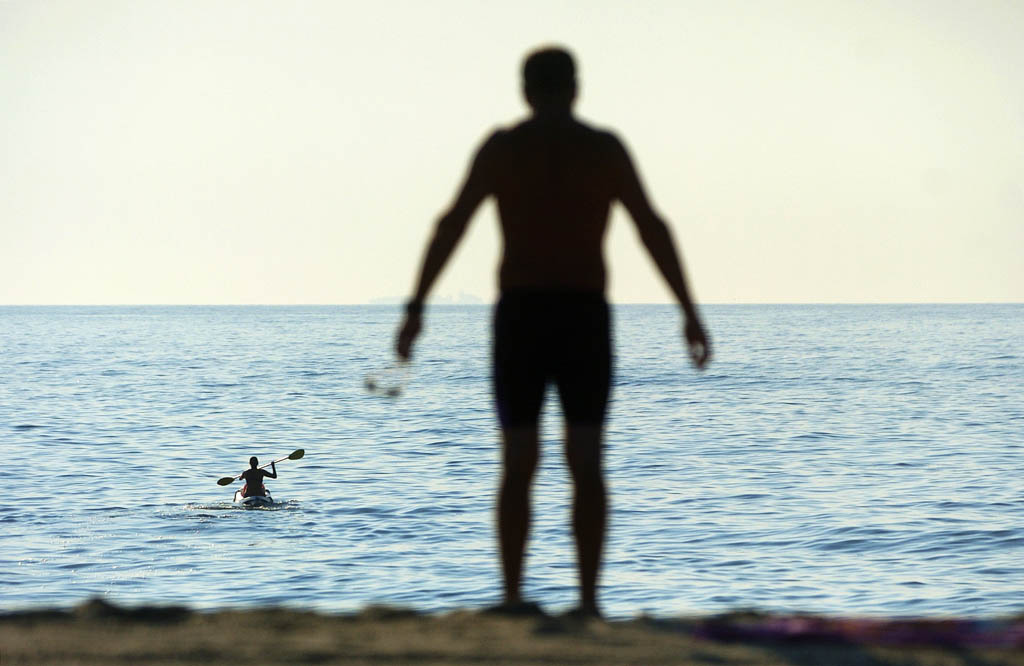By Kenny Walter
Staff Writer
OCEANPORT- The Shore Paddle event has felt the sting of the jellyfish.
Clean Ocean Action (COA) has pulled the plug on the third annual event due to fears of the clinging jellyfish in the Shrewsbury River.
The Sandy Hook-based environmental group announced this past week that the Shore Paddle event that was scheduled for July 9 would be postponed until spring of 2017.
“As you may have heard, the invasive clinging jellyfish (Gonionemus vertens) has recently appeared in abundance in several of New Jersey’s estuaries and bays,” a post on the Shore Paddle website stated. “The sting of this jellyfish is severe to people and can cause serious pain and injury.
“Unfortunately, the most abundant population in New Jersey has been documented in the Shrewsbury River, where there have been a few recent cases of individuals being stung and harmed by the jellyfish.”
According to COA, those already registered will receive an email in the coming weeks about various options regarding the event.
The July 9 event was scheduled to kick off at the Shrewsbury Sailing & Yacht Club in Oceanport.
The event was to include a 5.5-mile race, a 2-mile fun race and a half-mile kiddie race.
The Department of Environmental Protection has authorized a study in partnership with Montclair State University to determine the distribution and prevalence of clinging jellyfish, a dime-to-quarter sized and invasive jellyfish that packs a powerful sting that has been reported mostly in the Shrewsbury River in recent weeks.
The jellyfish, a native to the Pacific Ocean, is very difficult to spot in the water. A sting can produce severe pain and other localized symptoms and, in some cases, can result in the need for hospitalization.
Multiple specimens have been observed and collected in the Shrewsbury River, while a single clinging jellyfish has been confirmed in the Manasquan River. The studies will be conducted in these waterways, as well as northern portions of Barnegat Bay – where the jellyfish has not yet been observed.
The DEP has authorized a 30-day study that will involve systematic trawling of the water to collect any jellyfish that may be present, as well deployment of artificial sea grass mats to see if they attract clinging jellyfish, and genetic analysis.
The DEP will release its findings to the public after the study is concluded. The study will be launched within the next week. Beach seines will be used in shallow waters and crews on boats will also be using zooplankton seines in open water in an effort to capture adult jellyfish, known as medusa.
For more information on the clinging jellyfish, visit:
www.njbeaches.org/news/75
For more information on COA, visit:
http://www.cleanoceanaction.org/index.php?id=334

